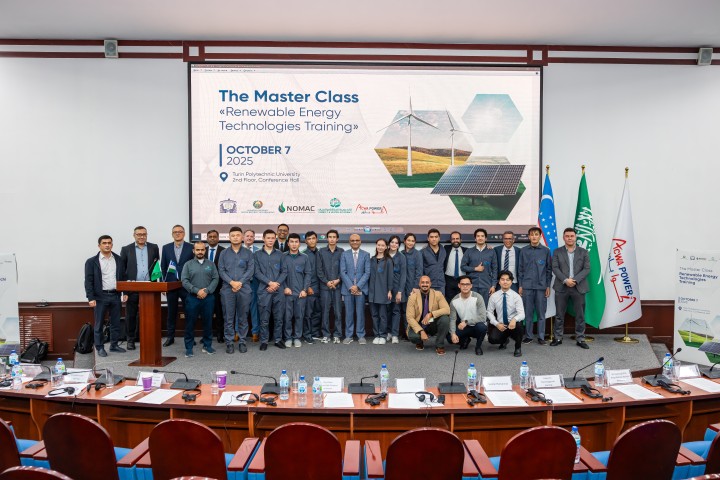68% of Tashkent’s heating networks are in a dire state, the CEO of Veolia Energy Tashkent Sevara Pardaeva said at a meeting of the city council of people's deputies on Tuesday.
“We shut off 474 km of deteriorated networks every year. This is a huge figure. We have created a dispatch service to manage this process, because all these sections have signifivantly deteriorated. But we are currently working on this,” she said.
According to her, the lack of equipment and machinery add up to the problem.
“This means that we do not have enough vehicles, as well as tools and equipment necessary to address accidents. The issue of increasing them is currently being considered. We are already discussing the budget for 2026 with the relevant authorities, and this is one of the first items - as the number of emergency sections grows, we as a unit need to get ready. That is, the objective is to be ready to promptly handle emergency situations,” she stressed.
She also dwelled on the issue of local boiler houses. “We could use local boiler houses for saving energy. But we are not talking about using them 100% throughout the city, but for some districts,” explained Pardaeva.
She gave an example of inefficient use of large boiler houses. “For example, there is a large boiler house, but it is not used even at half a percent of its capacity, it is simply not needed and is not used. Now, as you know, after the shutdown of greenhouses in Yunusabad and Nazarbek, two boiler houses of TC-9 and TC-10 are operating at half capacity. Instead, it is more profitable to build five local boiler houses,” she said.
According to Pardaeva, the implementation of this project is planned as part of a seven-year program for the transition from an open to a closed heat supply system.
Earlier, she reported that the company had proposed another increase in prices for heating and hot water supply in Tashkent. From October 1, 2025, the price for households may increase by 15%, for legal entities - by 40%, and for budget-financed organizations - by 19%.
In March, the president said that if the share of "green" energy in heat supply was not raised, the demand for gas will double in 10 years. He announced the allocation of 19 trillion soums for the modernization of the system. The Minister of Housing and Public Utilities said that a five-year program had been drafted to improve the energy efficiency of the sector.
From June 1, new requirements for heat supply have been adopted. Solar panels, water heaters and heat pumps will become mandatory in all new buildings and reconstructed buildings. Centralized heat supply will begin to be transferred to a closed system.














